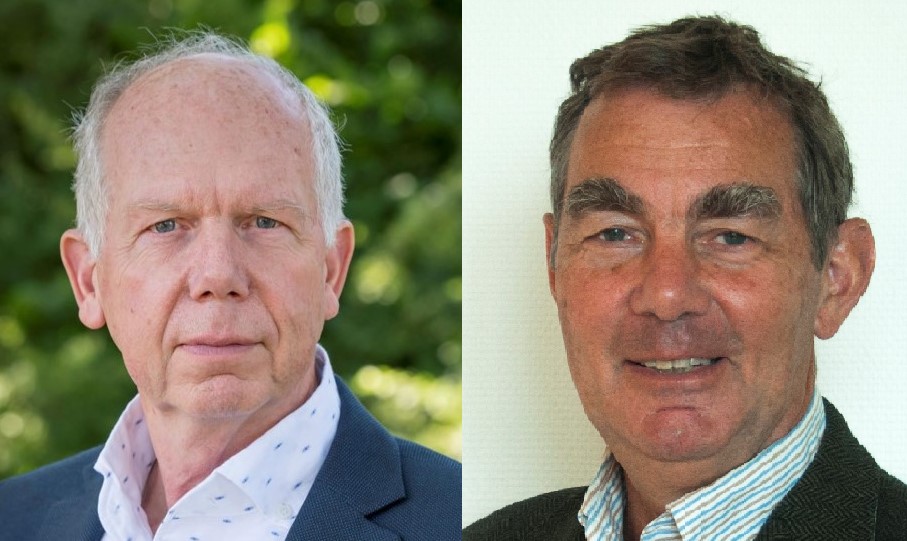« Go back to: Events
Lecture: ‘Grievance-fueled violence can be better understood using an enactive approach’ 2 November
Locatie: Hybrid: Vrije Universiteit Amsterdam and Zoom

Description
Practical details and registration:
Time: 15:30 PM CET
Registration: To register (and receive the zoom link) send an email to extremebeliefs.fgw@vu.nl
Abstract
Understanding lone actor grievance fueled violence remains a challenge. Conventional risk assessment tools which model risk factors into levels of concern, regard the individual from a third-person perspective. We believe that the concept of grievance provides an opportunity to add an engaged, first-person perspective to the assessment of lone actor extreme violence. We propose an enactivist philosophical approach that can help to understand the why and how of the pathway from grievance to violent extremism. Enactivism sees grievance as a dynamic, interpersonal, and context-sensitive construct that indicates how (potential) offenders make sense of the world they live in and how under certain circumstances it fuels violent behavior. Hence, grievance should not be understood as a given thing, but as an unfolding experience that involves sense-making through (regulation of one’s) interaction with the (social) environment. This (self-)relational and ecological understanding requires another approach than looking at demographic factors or life histories, only from an outsider’s perspective. Enactivism invites us to look at such risk factors as external indices of an ongoing process of active self-regulation and sense-making, and in some cases spiraling toward extreme violence. To understand the mindset of the offender we need to look more in depth at the processes that shape this mindset: why does this person, with this history, in this context, and at this point in time, proceed to use violence? The enactivist approach to the mind offers a complementary framework that may help us to understand the dynamics of grievance as a possible precursor to violent extremism. It also helps to appreciate why the relative unpredictability of the pathway towards lone actor extreme violence is not necessarily a sign of empirical weakness but a matter of principle due to the non-linearity of the processes involved. We end by summarizing how enactivism could contribute to the prevention of extremist violence and research and how it can help to avoid reinforcing stigmas and re-establishing a confirmation bias.
About:
Gerrit Glas is a Dutch psychiatrist and philosopher. His research focuses on issues at the interface between philosophy, psychiatry, cognitive neuroscience, ethics, and religion.
Bram Sizoo is a psychiatrist specializing in autism spectrum disorders and ADHD in adults, but also in the relationship between mental health and radicalisation.